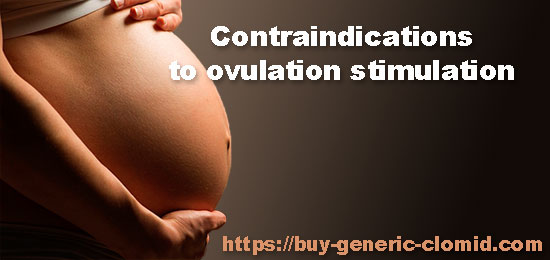Ovulation stimulation
Ovulation stimulation is a technique of influencing the work of the ovaries, which is carried out within the framework of in vitro fertilization programs or situations when there is no ovulation of one’s own. The procedure allows you to eliminate one of the common causes of female infertility – the inability of the ovaries to form a mature egg and, thus, maximize the chance of pregnancy. Are there any contraindications to ovulation stimulation?
What is ovulation stimulation?
The essence of stimulation is the appointment of hormonal drugs that increase the level of hormones necessary for ovulation and, thereby, ensure the growth of follicles in the ovaries to the state of mature, preovulatory.
The drugs are administered strictly according to the scheme drawn up by a reproductive doctor, taking into account the age, health status and reproductive system of a woman.
The procedure allows you to get more eggs ready for fertilization and is successfully used both in assisted reproductive technology programs.
Ovulation stimulation and pregnancy
The complete or partial absence of natural ovulation is one of the most common causes of female infertility. In this case, an additional push with the help of hormonal drugs allows you to achieve pregnancy naturally without the use of IVF and other reproductive technologies.
Ovulation stimulation for conception is carried out under the condition of complete patency of the fallopian tubes and good sperm counts in the partner. The first attempts are carried out using tablet preparations. As the egg matures and exits, the doctor informs the patient of the most favorable days for conception. The protocol ensures the maturation and release of one, rarely two eggs, as it happens with a natural cycle.
If pregnancy does not occur within 6 months of attempts, reproductologists prescribe injectable drugs. Their use significantly increases the likelihood of pregnancy in general and multiple pregnancies, in particular, since it often promotes the growth of several germ cells.

If there are no other obstacles to pregnancy, doctors recommend using ovulation stimulation, since the price of the procedure is significantly lower than the cost of other reproductive technologies.
Contraindications to ovulation stimulation
Hormones used to stimulate ovulation significantly change the work of the body, which is why doctors pay special attention to the state of a woman’s health. Contraindications to ovulation stimulation in the presence of the following problems:
- the patency of the fallopian tubes is disrupted or not investigated (if it is planned to stimulate the ovaries for pregnancy naturally);
- when the follicular reserve is depleted (determined by the level of follicle-stimulating hormone);
- the duration of infertility treatment is 2 years or more;
- there are diseases of internal organs or mental abnormalities that are a contraindication for pregnancy;
- tumors of the uterus or ovaries were detected;
- the ovaries are enlarged or contain cysts in their structure;
- there are signs of inflammation (regardless of its location);
- the woman suffers from uterine bleeding of unknown origin;
- the functioning of the liver or kidneys is significantly impaired;
- there are disorders of the endocrine glands that cannot be corrected;
- the woman does not tolerate any component of the drug;
- a woman is 40 years old or older.